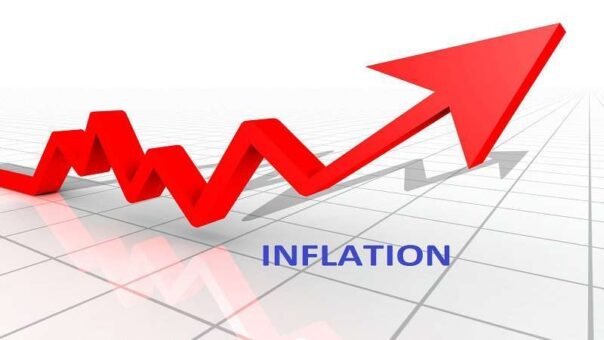Pakistan’s economy faces a significant challenge as analysts at Arif Habib Limited predict that the country’s headline inflation will reach historic levels in May 2023.
Based on the Consumer Price Index (CPI), inflation is expected to settle at 37.3% year-on-year (YoY), surpassing April’s 36.4% and May 2022’s 13.8% inflation rates.
READ MORE: Pakistan estimates GDP growth at 0.29% in FY23
The average inflation rate for the period between July 2022 and May 2023 is projected to be 28.95%, a significant jump from the 11.25% recorded during the same period in the previous fiscal year. This surge in inflation is primarily attributed to various sectors experiencing substantial price hikes, including food, transport, housing, restaurants and hotels, household equipment, recreation and culture, clothing and footwear, and miscellaneous items.
On a month-on-month (MoM) basis, the CPI is expected to rise by 1.09%. This increase can be attributed to higher food inflation, with prices of poultry items, potatoes, and gur seeing a significant surge, according to the SPI data. Additionally, the household equipment index is anticipated to rise by 1.3% MoM, while clothing prices, particularly footwear, are predicted to increase by 11% MoM. Conversely, housing and transportation indices are expected to recede on a MoM basis.
It is crucial to note that although headline inflation remains high, experts anticipate a gradual decline in the coming months due to the high base effect. However, several factors pose risks to this assumption, including persistently high food and energy prices, budgetary measures, and a weaker currency. The State Bank of Pakistan (SBP) acknowledged the deteriorating near-term outlook for inflation in its policy statement, citing recent external and fiscal adjustments. As a result, the Monetary Policy Committee (MPC) revised its CPI forecast for FY23 to a range of 27-29%.
The unprecedented inflationary pressures on the Pakistani economy raise concerns about the cost of living, eroding purchasing power, and the overall impact on the country’s economic stability. Efforts to mitigate these challenges will require a multi-faceted approach, including effective fiscal and monetary policies, targeted measures to address specific sectors driving inflation, and measures to stabilize food and energy prices.
READ MORE: PM Shehbaz directs authorities to focus on relief measures in budget
As Pakistan confronts these inflationary pressures, policymakers and stakeholders will need to work collaboratively to implement measures that strike a balance between managing inflation and supporting economic growth. Additionally, a focus on enhancing productivity, fostering competition, and promoting investment will be crucial in addressing the underlying factors contributing to rising prices and securing long-term economic stability.
